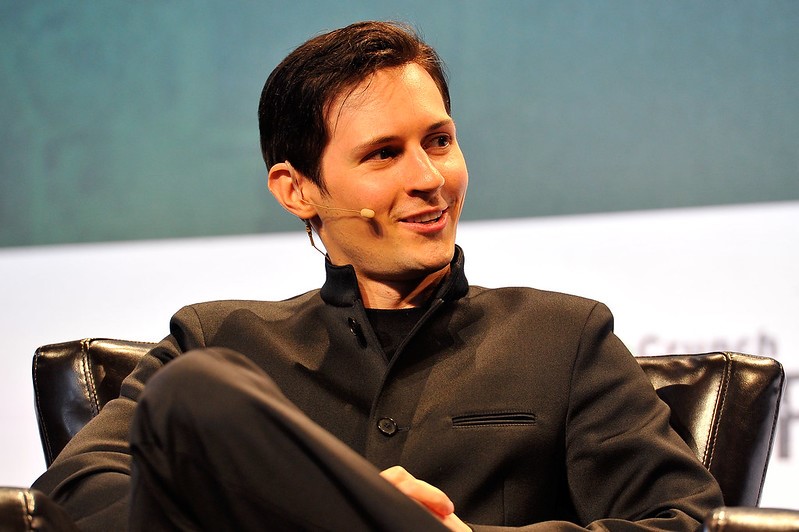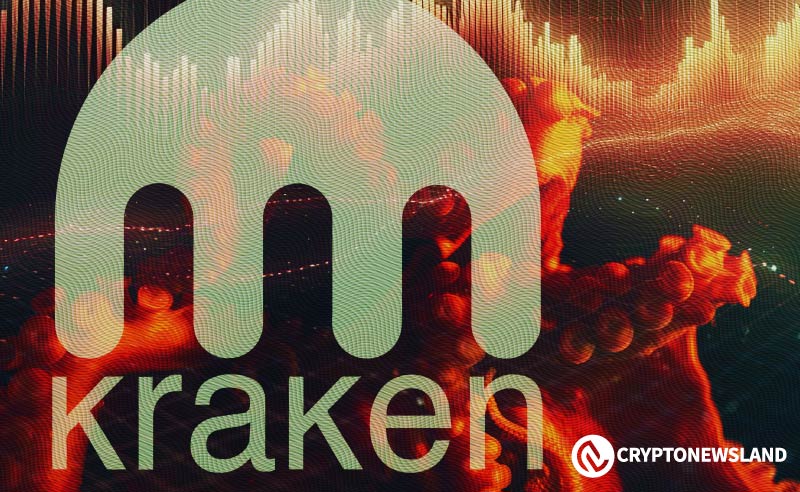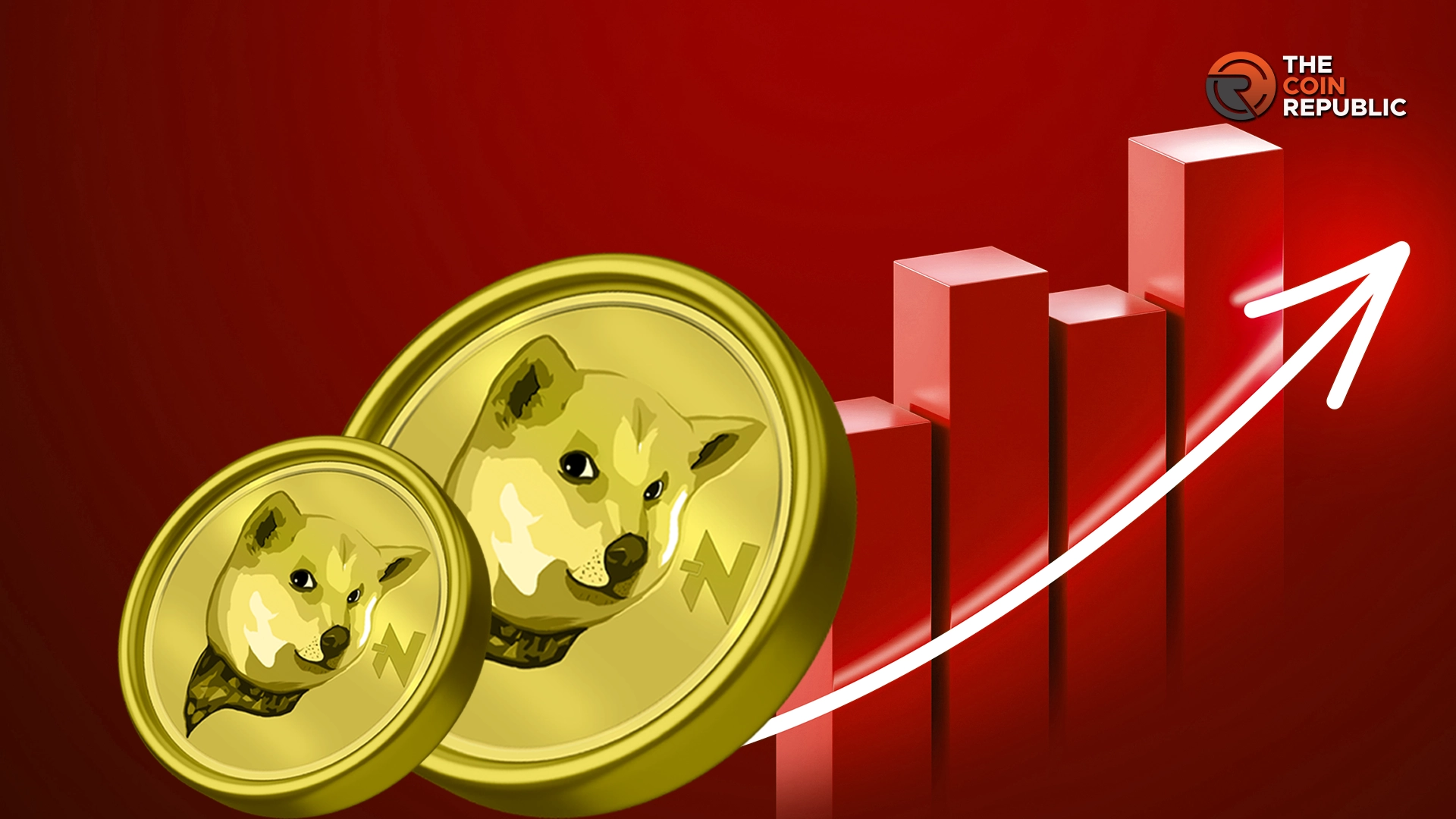In a dramatic turn of events, Pavel Durov, the founder and CEO of Telegram, has been released from jail in France but remains under strict legal constraints as he awaits a court decision. Durov, who was arrested on August 24, 2024, upon landing in Paris, is now prohibited from leaving France, with his freedom hanging in the balance as legal proceedings continue.

Arrest and Allegations
Durov’s arrest by French authorities has sent shockwaves through the global tech community, sparking intense debate over issues of privacy, freedom of expression, and government overreach. The charges against Durov are severe, including allegations that he facilitated terrorism, drug trafficking, and organized fraud by failing to adequately moderate content on Telegram—a platform known for its strong encryption and privacy protections.
The French prosecutor’s office revealed that Durov had been under investigation since July 8, and the charges extend to the unauthorized provision of cryptology tools. His detention was initially extended until August 28 for further questioning, but he was released on bail under strict conditions.
European Union’s Regulatory Scrutiny
Adding to Durov’s legal troubles, the European Union has launched its own investigation into Telegram as reported by the Financial Times. The focus is on whether Telegram has understated its number of European users, a critical issue under the EU’s Digital Services Act (DSA). If Telegram exceeds 45 million users in the EU, it would be subject to stringent regulations that could impose heavy financial and operational burdens on the platform.
The European Commission has tasked its Joint Research Centre (JRC) with verifying Telegram’s user data. Thomas Regnier, a spokesperson for the European Commission on digital matters, stated, “We have a way, through our own systems and calculations, to determine the accuracy of Telegram’s user data. If they have not provided accurate data, we can unilaterally designate them as a very large platform.”
Reactions and Implications
The arrest and ongoing legal battles have drawn sharp criticism from prominent figures in the tech world. Edward Snowden, a vocal advocate for digital rights, condemned the arrest as a violation of basic human rights and a dangerous precedent. Former Coinbase CTO Balaji Srinivasan questioned the French government’s commitment to fostering innovation and protecting freedom of expression.
From his end, Elon Musk retweeted a couple of tweets, including those from Chris Pavlovski, CEO of Rumble, and Geiger Capital, which criticized the arrest as an overreach of government power. Musk also shared a clip from Pavel Durov’s interview with Tucker Carlson, emphasizing the importance of privacy and free speech in the digital age.
UAE’s Involvement and Durov’s Future
The United Arab Emirates, where Durov holds citizenship, has also intervened, requesting that France provide Durov with consular services. The UAE’s Ministry of Foreign Affairs emphasized its commitment to protecting the rights and well-being of its citizens.
As Durov awaits a court decision that will determine whether he will face charges or be released, his situation remains precarious. The case has not only raised concerns about the future of Telegram but also highlighted the broader issues of privacy, security, and the power of technology in today’s interconnected world.
Durov’s next court appearance is highly anticipated, with the outcome expected to have significant implications for both his personal freedom and the future of Telegram in Europe.









